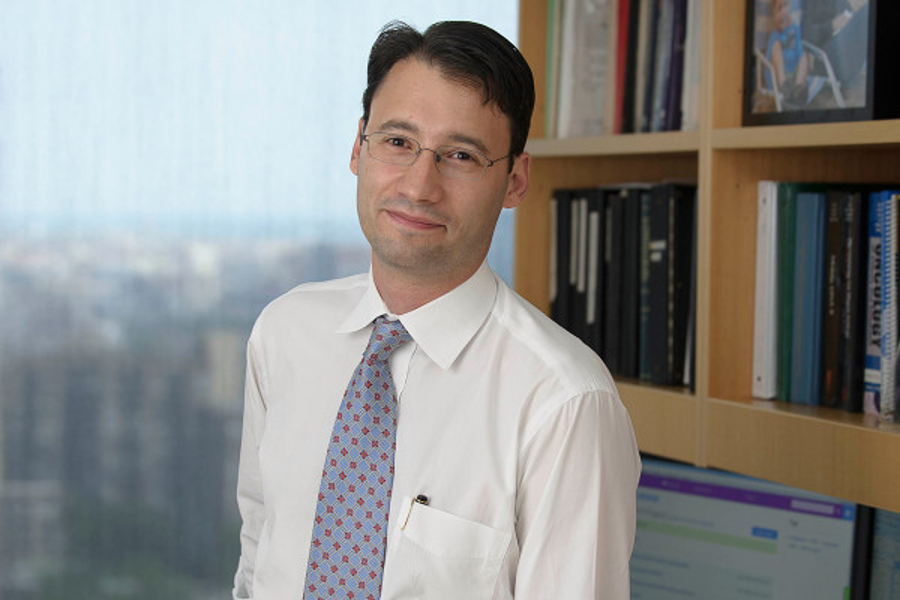CureSearch seeks out and funds promising and innovative research projects. We encourage researchers to apply for funding through our Requests for Proposals (RFPs).
Due to our rigorous due diligence process in assessing proposals, we evaluate the biological rationale, supporting data, potential clinical impact, proposed commercial path, scientific resources, and scientific team.
Proposals are selected through a peer review process that follows best practices:
- External scientific and industry reviewers are used.
- The process is free from conflict of interest.
- Applications are ranked based on scientific excellence and business case.
- Grants are primarily awarded based on peer review ranking.
Internal CureSearch staff and members of our external academia and industry advisory councils perform an iterative review process to guide a final milestone plan in collaboration with the applicant. Our due diligence, coupled with guidance from disease, drug, and business development experts, serves as an external validation for academic and biotechnology programs that have attracted additional investments and industry partnerships.
CureSearch Scientific Review Committee
The CureSearch Scientific Review Committee (SRC) provides a rigorous scientific assessment of Letters of Intent (LOIs) and Grant Proposals submitted to CureSearch for Children’s Cancer based on the quality of science proposed, the potential benefits to the pediatric cancer community, and the anticipated impact on the field of childhood cancer research.
Committee Chairs
Dr. Alex Kentsis

Alex Kentsis is a pediatric oncologist and cancer biologist. His research takes advantage of modern technologies to improve our understanding of the biologic causes of blood and solid tumors. Together with colleagues, he has made discoveries about new therapeutic targets in cancer cells, mechanisms by which cancer cells can evade new treatments, and improved strategies to overcome treatment resistance. Recently, his lab has identified new mechanisms of aberrant gene control and resistance to apoptosis in acute myeloid leukemias, and mechanisms of site-specific oncogenic mutations and DNA repair dependencies in solid tumors. These studies define precise molecular mechanisms that would lead to rational therapeutic strategies for patients.
Dr. Stephen Sallan

Dr. Stephen Sallan received his MD from Wayne State University School of Medicine in 1967. He completed residencies in pediatrics at the Boston Floating Hospital (1968), Children's Hospital of Philadelphia (1969), and the Hospital for Sick Children, London (1970). In 1973, he served as a fellow in pediatric oncology at Boston Children's Hospital and DFCI, where he joined the staff in 1975. He was named chief of staff and chairman of the Medical Staff Executive Committee in 1995, and chief of staff emeritus in 2012. Dr. Sallan's clinical research focuses on the genetic heterogeneity of ALL, understanding the reasons for disease recurrence and drug resistance, developing new, more specific therapies, and conducting all such research in the context of diminishing the toxicity of treatment. Current endeavors expand investigations to adults with ALL and also extend the laboratory discoveries to other malignancies including lymphoma and adult cancer. Dr. Sallan has served as the Chair of the CureSearch Scientific Review Committee since 2014.
CureSearch Industry Advisory Council
The Industry Advisory Council (IAC) includes leaders from the largest global oncology and biotechnology companies who champion CureSearch and pediatric cancer programs within industry. The Council reviews potential CureSearch-funded research projects for clinical, commercial, and regulatory feasibility and provides objective counsel to assess clinical translation and drug development potential.
CureSearch Scientific Advisory Council
The Scientific Advisory Council (SAC) includes best-in-class pediatric oncologists who set academic priorities for CureSearch research initiatives and evaluate projects on scientific merit. With the support of the SAC, CureSearch funds laboratory research aimed at transcending barriers and developing innovative approaches to solve the field’s most challenging problems.
